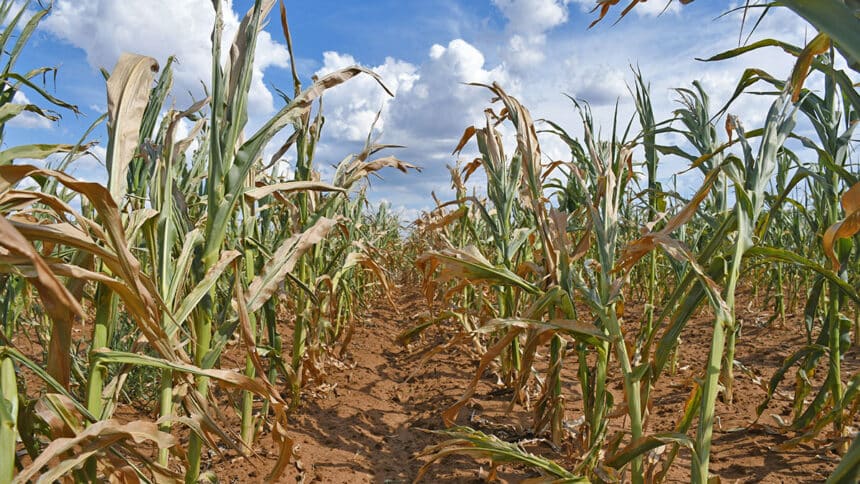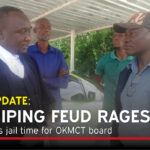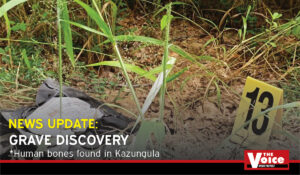The scorching temperatures and lack of rain have taken their toll on local farmers, with many seeing their crops wilt away to dust in the relentless heat.
Thousands chose not to plough at all, put off by the forecast, which proved devastatingly accurate as heat wave after heat wave hit the country.
Botswana is no stranger to drought, but the current dry spell, with temperatures reaching 41 degrees Celsius, has proved particularly brutal, as Voice Money found out this week.
14 February marked the closure of the ploughing season in the southern part of the country (the north has extended to 27 February), with many farmers holding onto their seeds and fertilizers.
Encouraged by the late December rainfall, some went against their better judgment and decided to plant. It was a risk that bore scant reward, the summer sun killing almost everything that grew.
Amongst those who suffered the worst are the Mosisedi Commercial Farmers in the Borolong area, just passed Lobatse.
A visit to the farms on Monday depicts burnt crops, dying plants and hectare upon hectare of barren, bare land.
The cluster comprise of 18 farmers with a combined hectarage of 10, 000. On a good year, they will plough around 8, 000 hectares; this time, only 3, 000 hectares have been ploughed.
It is no surprise then, that Mosisedi Commercial Farmers Association Chairman, Gofa Mapitse anticipates terrible yields.
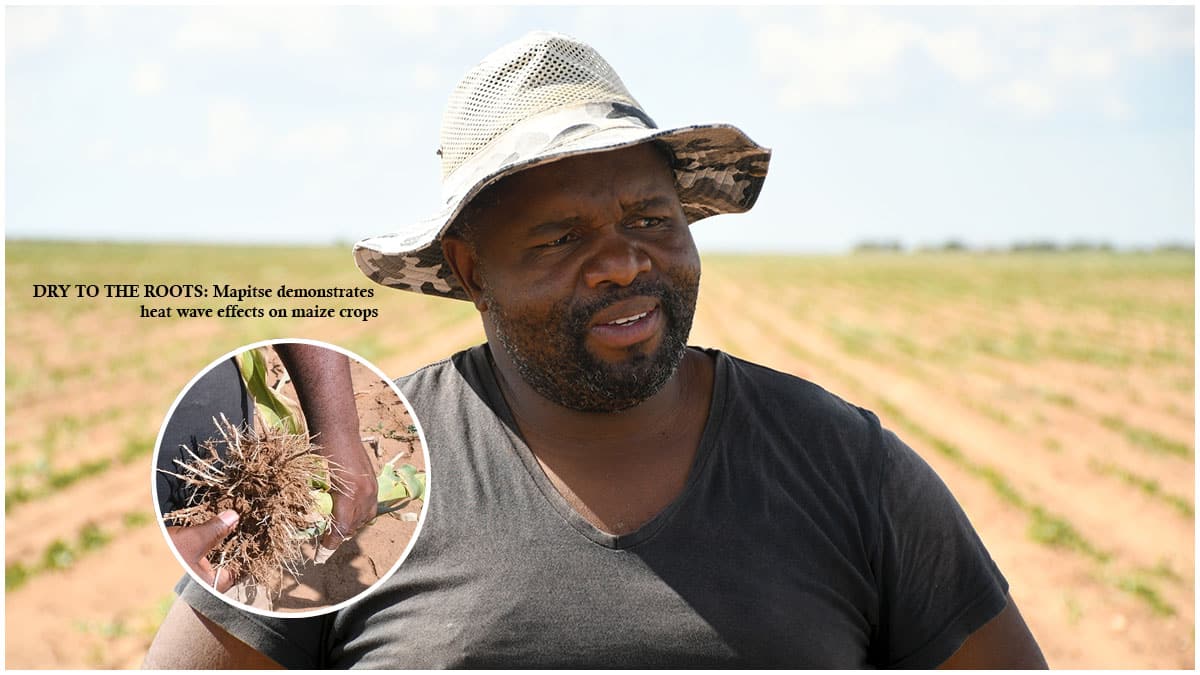
“Of course it was predicted that it will be a dry season but the intensity of it is not what we expected. We have been through many drought seasons but it was never like this. At this point in time, we have farmers who planted early but to this stage most of them are at 65 – 70 percent loss of the crops and there is no chance of recovery. As we plough, we target high yields so when I started I was expecting four-and-a-half tones; I will be very lucky to get one-and-a-half because I have crops which are dead completely. We just hope those crops planted last will survive,” says Mapitse with little optimism.
Specialising in maize, the Mosisedi cluster is one of the country’s major grain producers, home to some of BW’s biggest rain-reliant farms.
Leading farmers in the area produce roughly 5 tonnes of maize while the lowest average 2.7 tonnes. The aim is to have each farm producing 3.5 tonnes.
“On seasons where there is good rainfall, we plough 550 hectares. Last year, we only ploughed 100 hectares because of poor rainfall. This year we tried again with 175 hectares of sunflower and cowpeas but all of those got burnt. We chose those two crops looking at the dry weather forecast so those were the best options. I’m not expecting any harvest; hopefully next year it will be better,” says Ontiretse Abotseng, who owns an 813 hectare farm.
Abotseng anticipates losing around P200, 000 due to the costs of fertilizers, seeds, diesel and labour.
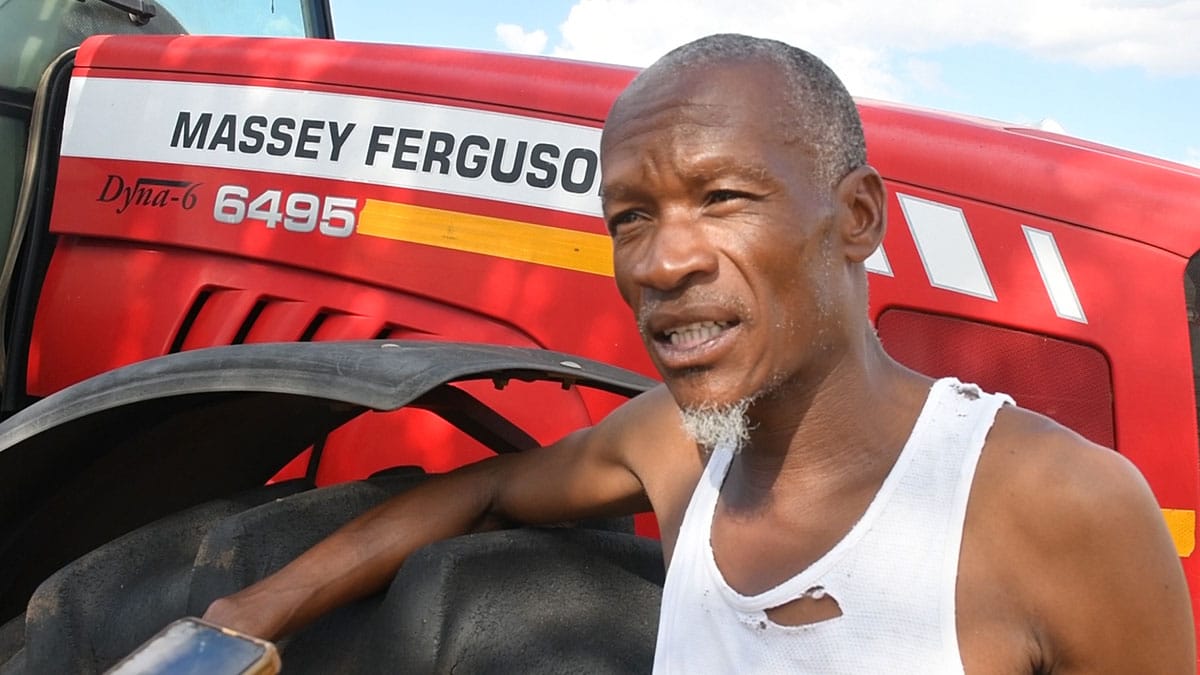
Another farmer, Omphemetse Ramooki reveals he only ploughed 100 of his 246 hectares. 40 hectares are yet to germinate while the remaining 60 are fighting for survival against the heat.
“Most farmers did plant while there was little moisture but plants have failed to germinate because it’s been two weeks. There is no hope that by the time it rains there will be anything in the field. For those who are yet to plough, its best that they keep their seeds and all inputs for the next season because here we survive by taking loans from banks,” Ramooki tells Voice Money.
An overseer at Farm 6, Gaofenngwe Selefo cried a similar tale of woe.
“Low rainfall has left us suffering because crops are in distress due to lack of moisture. Normally, we plant by mid December but this time we did that late and only managed little more than 300 hectares of maize on the 24th of January but sugar beans, which amounted to 60-70 hectares, got burnt,” Selefo said.
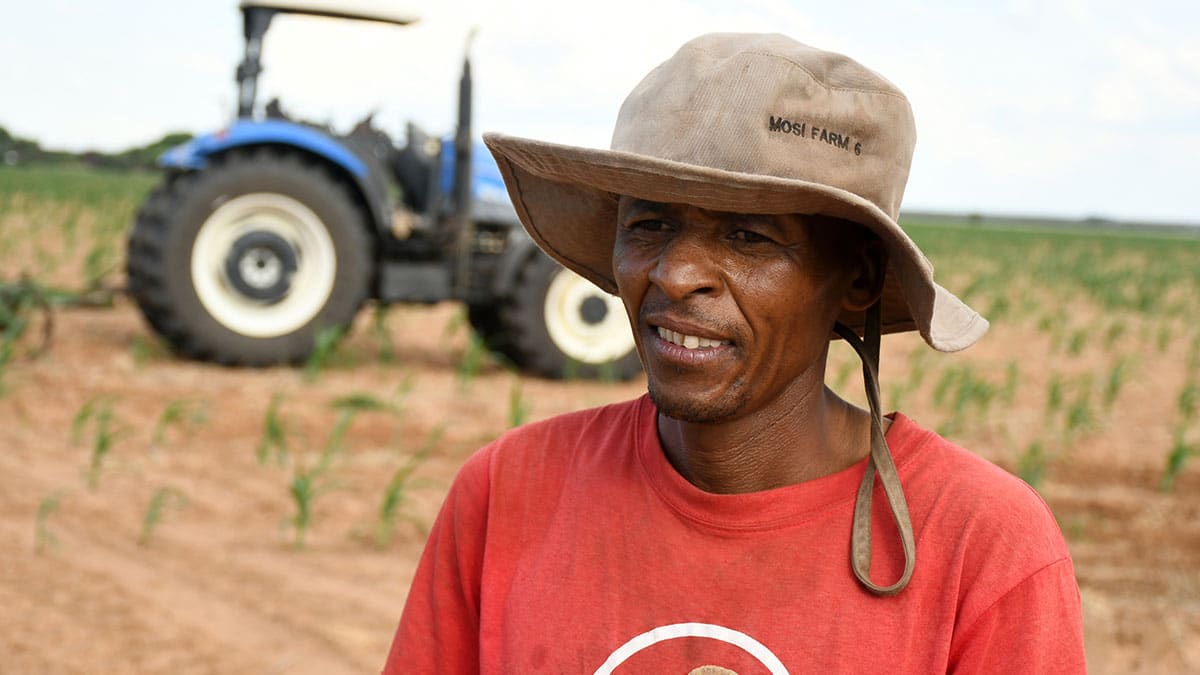
Meanwhile, the National Development Bank, (NDB) will continue providing financial support to farmers beyond the closure of the current ploughing period.
According to figures from NDB, a cumulative payment of P57.4 million was made for seed dealers (P50.8 million) and tractor owners (P6.6 million), while seasonal loans amounted to P16.2 million for those approved and P6.9 million for those in the pipeline.
Under the Tractor and Fencing Facility subsidized scheme, NDB has given out P10.1 million, while P121 million was disbursed under the Interest Subsidy scheme, mostly to farmers in Pandamatenga and Mosisedi Commercial farms.
This is part of government’s efforts to improve production output from commercial and micro farmers under its Temo Letlotlo programme.



